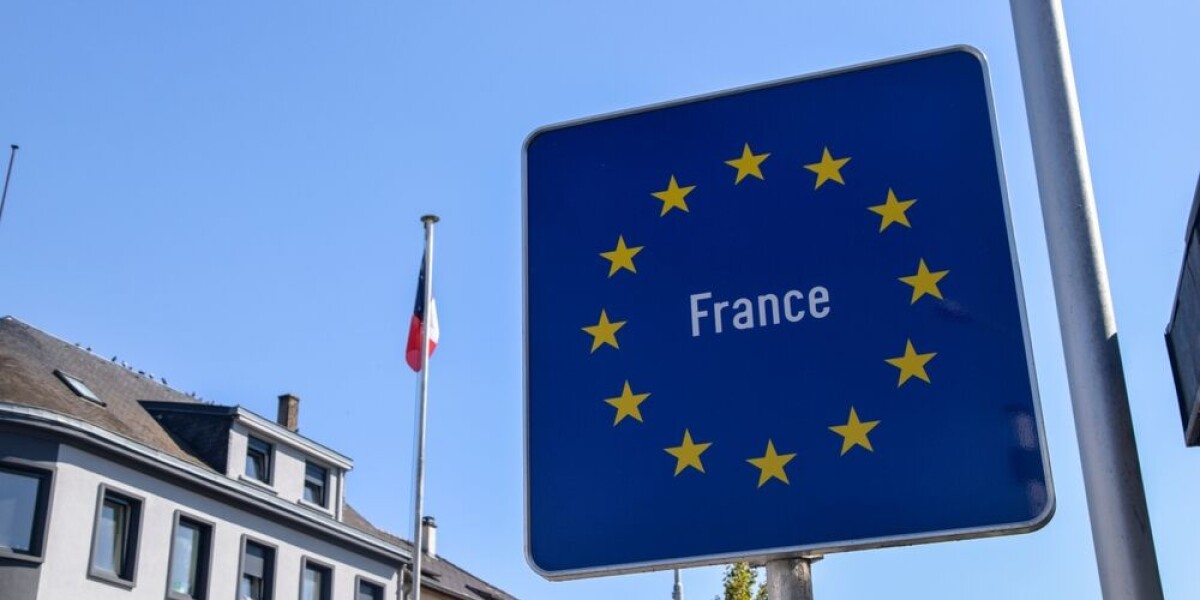
- Select a language for the TTS:
- UK English Female
- UK English Male
- US English Female
- US English Male
- Australian Female
- Australian Male
- Language selected: (auto detect) - EN
Play all audios:
A week ago, it still seemed as if there was everything to play for in the general election. Then a large Conservative majority was predicted here by Peter Kellner on _TheArticle_, soon
backed up by YouGov’s MRP survey. Ever since, Labour has been on the defensive. The average Tory lead is still about 9 points. Friday’s terrorist attack on London Bridge will have reminded
many voters of the security risk that a Corbyn government would pose. Yet though the game has changed, it is not yet over. In today’s column for _TheArticle, _Peter Kellner will argue that
Labour has yet to win back some of the 1.5 million Leave voters it has lost since 2017. He sees no sign of this happening over the past week and hence no reason to change his mind: “There is
little in the latest polls to undermine predictions of a clear Conservative victory.” But Kellner also argues that if Labour can keep the debate focused on its traditional strong suits —
the NHS and inequality — then it could yet narrow the gap sufficiently to deprive the Tories of a majority. The reason to think that this might happen can be summed up in two words: Donald
Trump. Sunday night’s ITV election debate showed how other parties intend to exploit the arrival in London of this uniquely unpopular American President to turn the tables on the Tories.
Accusing Boris Johnson and Nigel Farage of cosying up to Trump (“there’s [sic] three people in the special relationship”), Jo Swinson got the biggest round of applause of the evening — a
novel experience for her in these TV debates. The Liberal Democrat leader even claimed that the President did not share “our values”, though she was careful to say that the Atlantic alliance
was still “hugely important”. Labour will go further, ramping up their offensive based on the claim that Boris Johnson plans to “sell off the NHS” to “Big Pharma” in the US. This style of
propaganda is not only anti-American but anti-capitalist, with Trump and Johnson depicted as the front men for the sinister forces who supposedly control our destiny. Such conspiracy
theories readily lend themselves, of course, to anti-Semitism. Most British Jews believe that Corbyn has crossed that line; many others agree with them. The impression that “Labour’s Jewish
problem” is not merely personal but institutional has been highly damaging for the party. Hence the Labour assault on Boris Johnson as “the Tory Trump” could prove counter-productive, by
reminding voters of Corbyn’s extremism. So far, however, they have managed to avoid that trap. Not only does Labour enjoy a huge lead over the Tories on the NHS — it has succeeded in
persuading the public that the health service really is the biggest issue in the election. Deltapoll for the _Mail on Sunday_ shows that while 28 per cent of the electorate think Brexit
matters most for them and their families, 40 per cent choose health. This polling evidence suggests that Labour may be beginning to cut through with its big lie — that the NHS is not merely
“under threat” from the Tories, but will actually be “sold off to Donald Trump” if Boris Johnson is returned. The sight of the British Prime Minister hobnobbing with the American President
and other world leaders in London at this week’s Nato summit ought to be a bonus for Boris. For most voters, the footage is likely to reinforce his credentials as a statesman. But a section
of the electorate will view this spectacle with a shudder. These are older, poorer and less educated Labour voters who depend heavily on the NHS. Most are remote from and resentful of London
and the prosperous South-East. They voted overwhelmingly to leave the EU and are contemptuous of Labour for backing away from their pledge to deliver Brexit. These are the people whose
votes Boris Johnson needs to win a majority. By the end of this week, most members of this key demographic will probably have made up their minds whether they care more about “getting Brexit
done” or “saving the NHS”. This will decide whether they vote Conservative or Labour. Unfortunately for the Tories, they still have the option of voting for the Brexit Party and polls
suggest that in these northern regions a significant number might yet do so. If that happens, the Tories will fail to break through the “Red Wall” of Labour seats. Senior Tory insiders are
telling anyone who will listen that the party’s internal polling suggests that a hung Parliament is the most likely outcome. Whether these prophets of doom are telling the truth or merely
pre-empting complacency, only time will tell. It is hardly an exaggeration to say that the result of this election could well depend on what happens during the next two days while Donald
Trump is on British soil. When the President says his goodbyes after tomorrow evening’s reception at Buckingham Palace, it won’t only be the Queen who breathes a sigh of relief. The next 48
hours could well decide whether Boris Johnson will be staying in Downing Street — or packing his bags on Friday the 13th of December.







